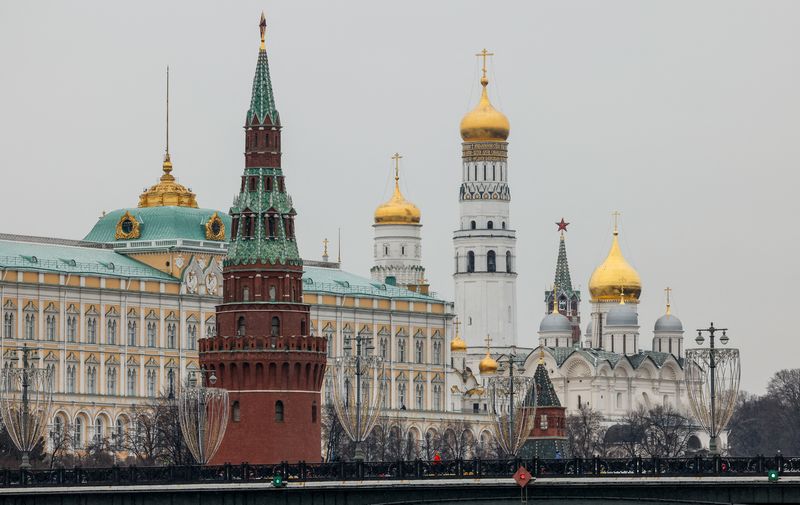Kremlin Responds to Trump’s Criticism of Putin
The Kremlin has addressed recent criticisms from former U.S. President Donald Trump regarding Russian President Vladimir Putin, expressing a composed stance on the matter. According to statements made by Kremlin spokesman Dmitry Peskov, Moscow remains “calm” in response to such remarks and is committed to working towards improving the strained relationship between the United States and Russia.
During a press call, Peskov emphasized that the Russian government does not view the criticism as a significant issue. He stated, “We are quite calm about this.” This sentiment reflects the broader approach taken by the Kremlin in handling external commentary on its foreign policy decisions.
Peskov also highlighted the importance of maintaining dialogue with Washington. He mentioned that Russia is continuing its efforts to repair what he described as a “rather broken” bilateral relationship. The statement underscores the ongoing challenges in fostering cooperation between the two nations, especially given the current geopolitical climate.
Trump’s Stance on Ukraine and Sanctions
In a separate development, Trump expressed his approval of sending defensive weapons to Ukraine during a recent address. This move signals a shift in U.S. policy, as it indicates a willingness to support Ukraine further in its conflict with Russia. Additionally, Trump is reportedly considering additional sanctions against Moscow, which could escalate tensions between the two countries.
This comes amid growing frustration from the U.S. side over the prolonged conflict in Ukraine and the perceived lack of progress in resolving it. Trump, who had previously pledged to end the war within a day during his presidential campaign, has faced criticism for not fulfilling this promise. His administration’s efforts to broker peace have also been met with limited success, raising questions about the effectiveness of current diplomatic strategies.
Understanding the Complexity of the Conflict
Peskov noted that Trump has come to recognize the difficulty of resolving the conflict between Russia and Ukraine. He pointed out that Trump acknowledged the complexity of the situation, stating, “We also heard a very important statement by Trump that the settlement of the Ukrainian conflict turned out to be much more difficult than he thought from the very beginning.”
This admission highlights the challenges involved in achieving a lasting resolution to the conflict. It also suggests that even high-profile political figures like Trump are beginning to understand the multifaceted nature of the crisis, which involves historical, political, and strategic dimensions.
Ongoing Challenges in U.S.-Russia Relations
Despite the efforts to maintain dialogue, the relationship between the U.S. and Russia continues to face numerous obstacles. These include disagreements over issues such as cybersecurity, military presence in certain regions, and the role of international institutions. The situation is further complicated by the broader context of global geopolitics, where alliances and rivalries are constantly evolving.
As both nations navigate these complexities, the need for sustained communication and mutual understanding becomes increasingly important. The Kremlin’s response to Trump’s comments serves as a reminder that while tensions may exist, there is still a commitment to engaging in constructive discussions.
Conclusion
The exchange between the Kremlin and Trump illustrates the delicate balance of diplomacy in today’s world. While criticism and disagreement are inevitable, the focus remains on finding ways to improve relations and work towards common goals. As the situation in Ukraine continues to unfold, the importance of international cooperation cannot be overstated. The path forward will require patience, perseverance, and a willingness to engage in meaningful dialogue.







